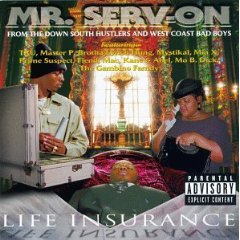 Image via Wikipedia
Image via WikipediaAwesome deal! Take advantage of the cheap fare if your flight schedule coincides with the sales promotion.
Your low fare leader Cebu Pacific (CEB) puts up 101,010 seats on sale to mark the special day of October 10, 2010, considered lucky by many. The seat sale as low as P10 is only available on October 10, 2010 or until seats last, for travel this January 1-March 31, 2011.
For the ‘Go Lite’ seat sale fare of P10, you can travel to any of CEB’s 33 domestic destinations. This includes Boracay (Caticlan), Legazpi, Bacolod, Coron (Busuanga), Cagayan de Oro, Calbayog, Catarman, Cebu, Davao, Iloilo, Kalibo, Naga, Ozamiz, Puerto Princesa, San Jose, Surigao, Tacloban, Tagbilaran, Tuguegarao and Zamboanga.
Guests can also avail of P1,010 ‘Go Lite’ seats to any of CEB’s 16 international destinations, such as Beijing, Brunei, Osaka, Seoul (Incheon), Jakarta, Kota Kinabalu, Bangkok, Macau, Singapore and Hong Kong.
Because this date only comes once in a lifetime, we're offering seats as low as P10 to give you more opportunity to visit different destinations in the country and in Asia. So hurry, visit www.cebupacificair.com for your bookings now!










